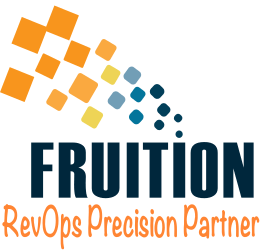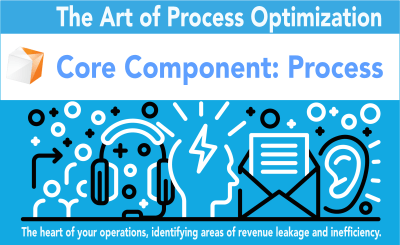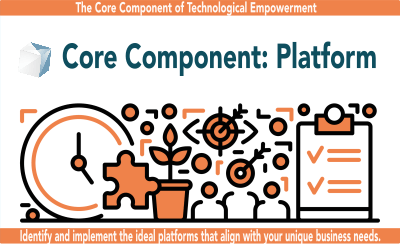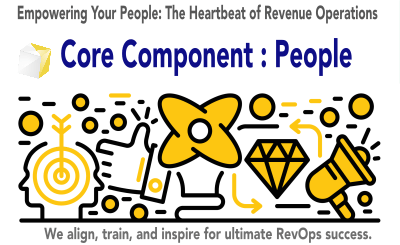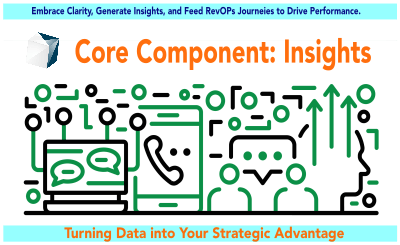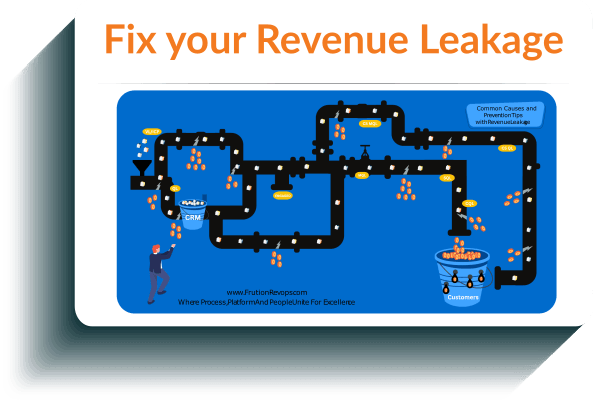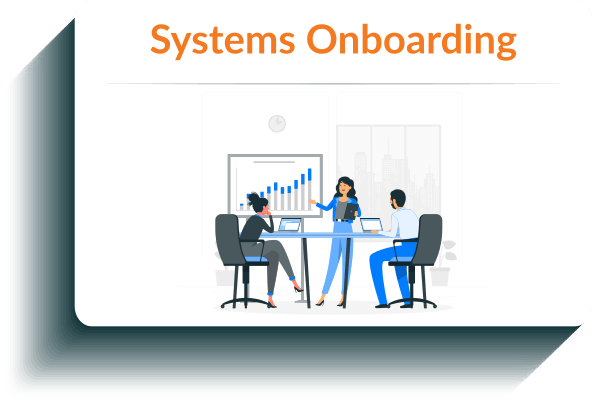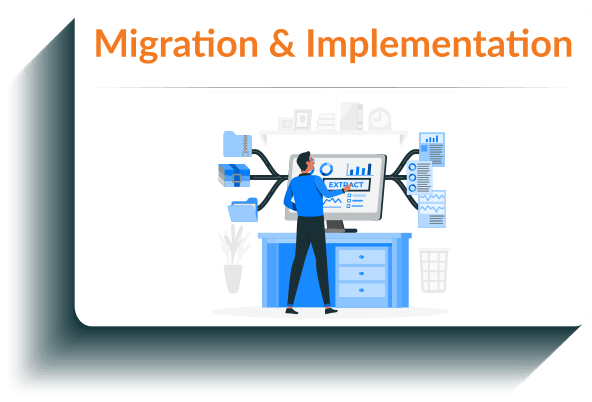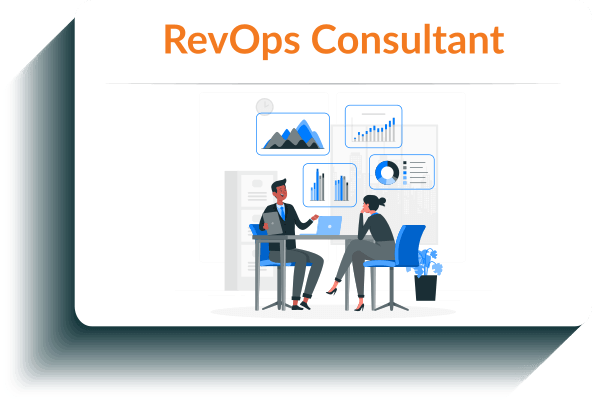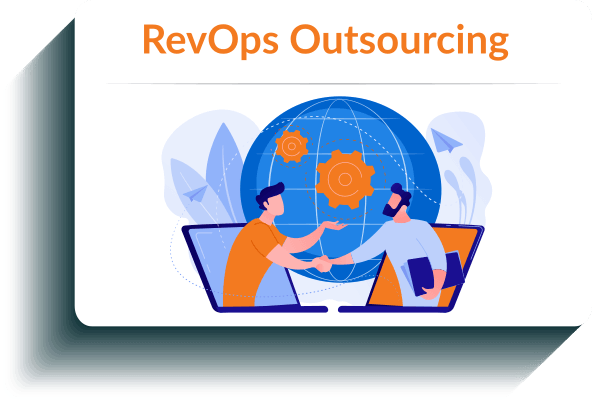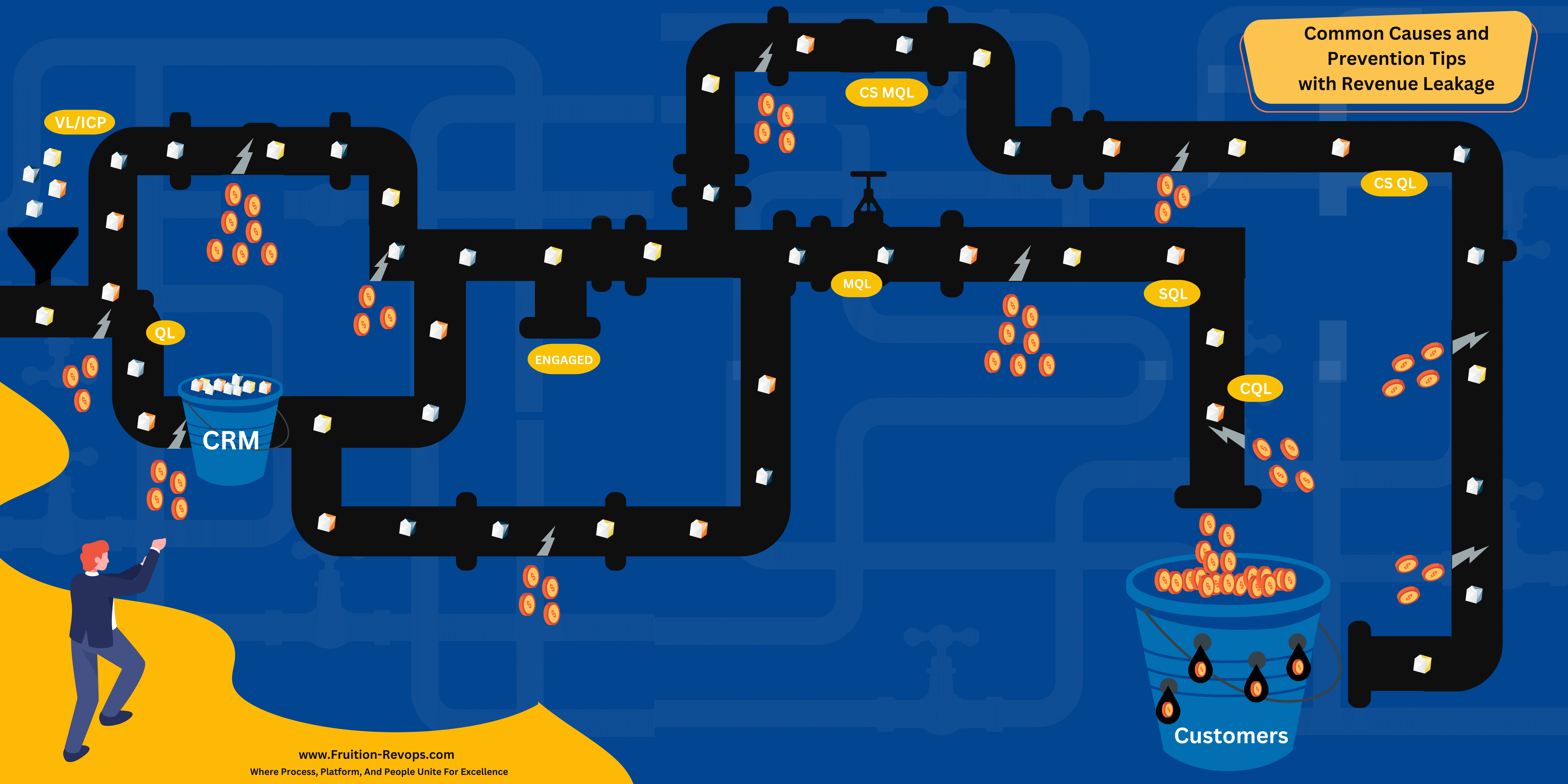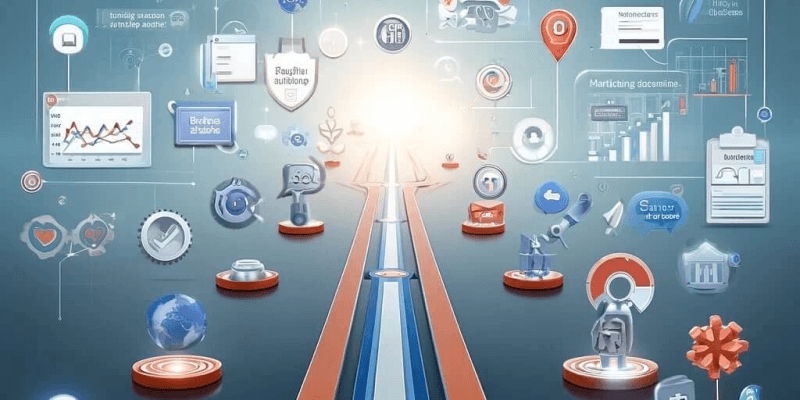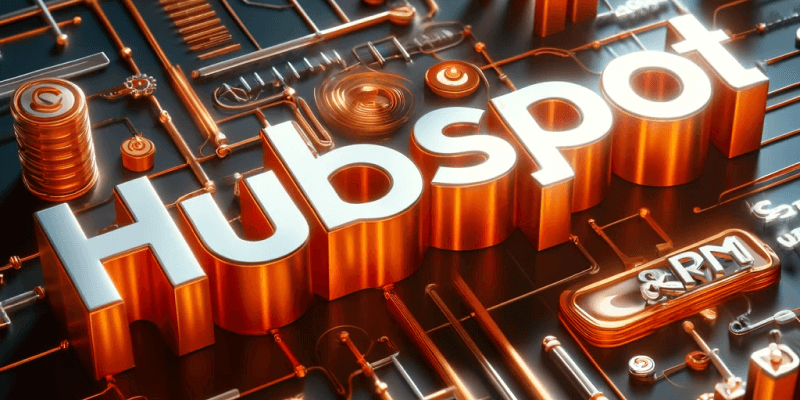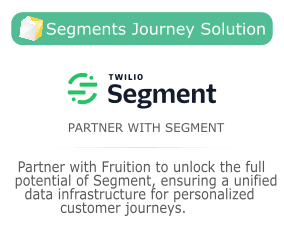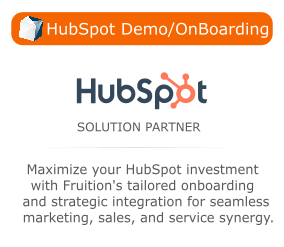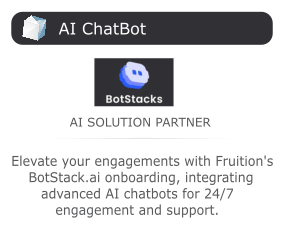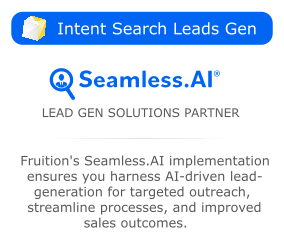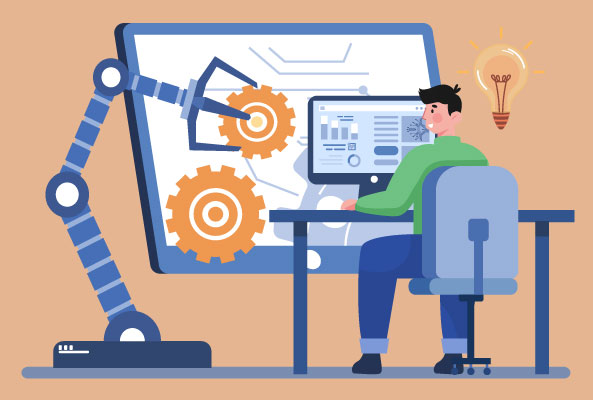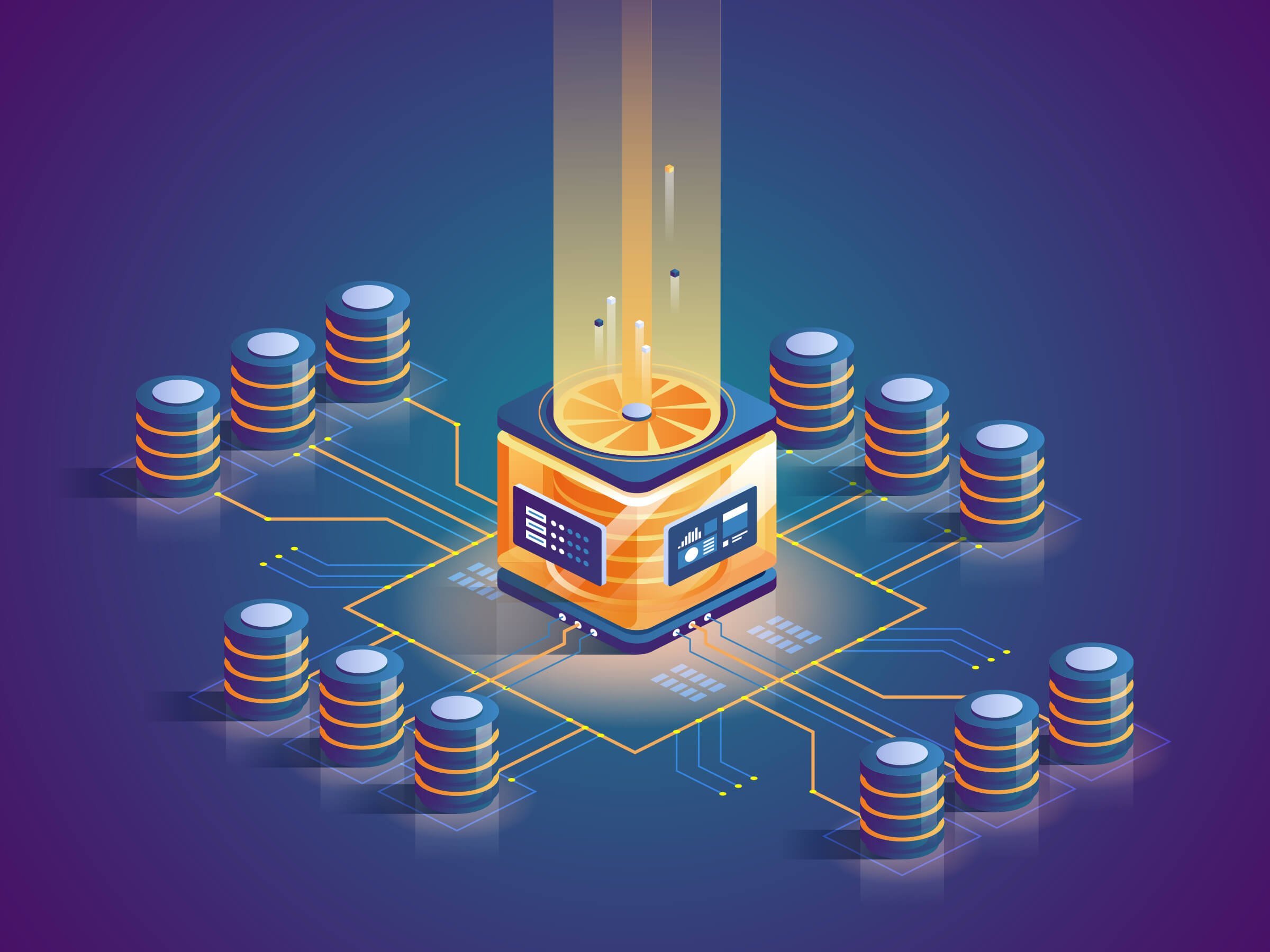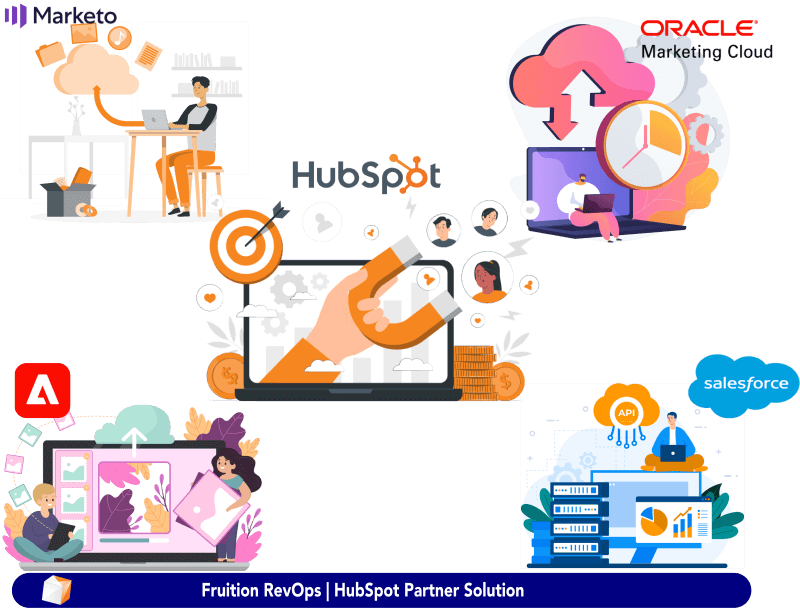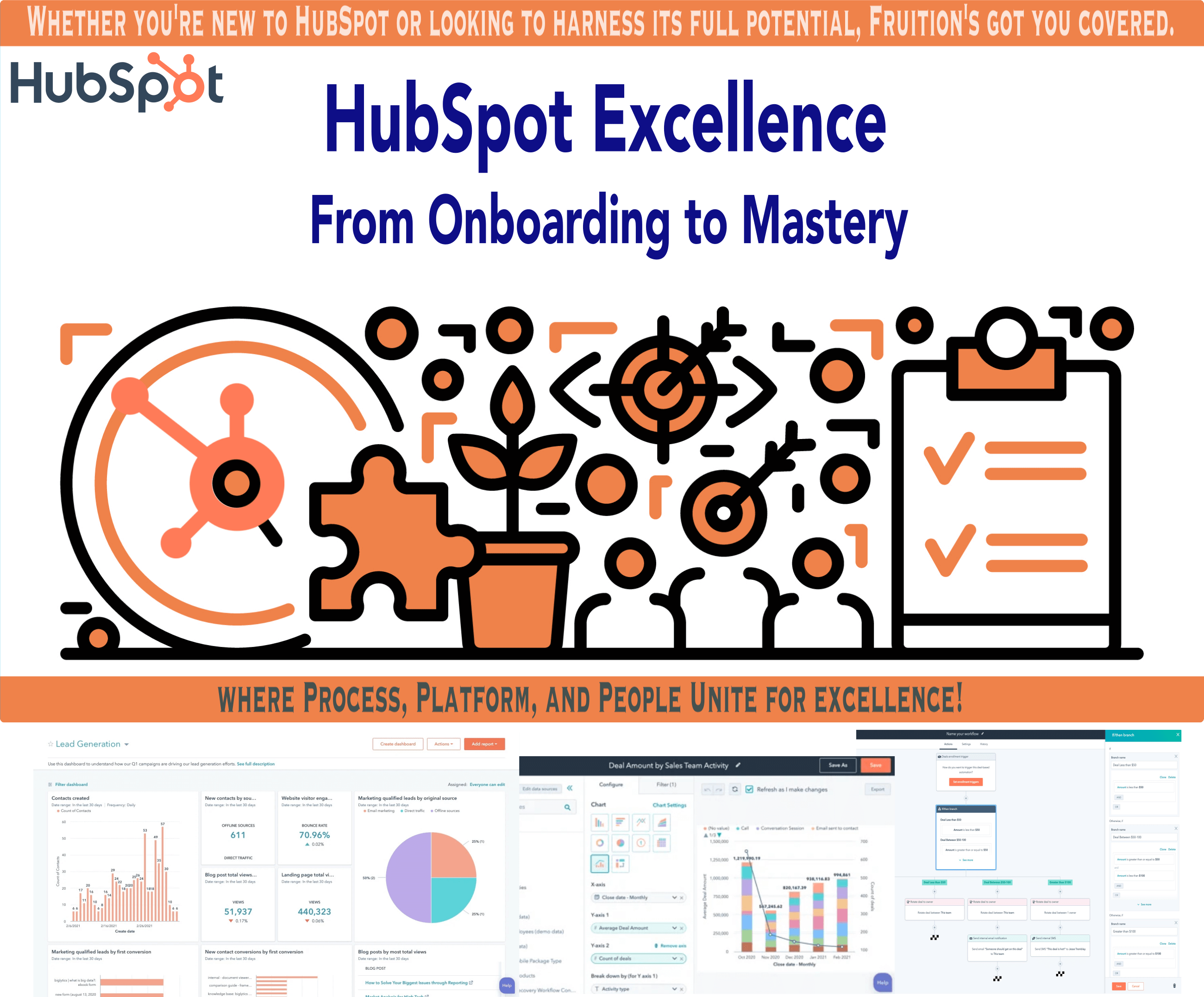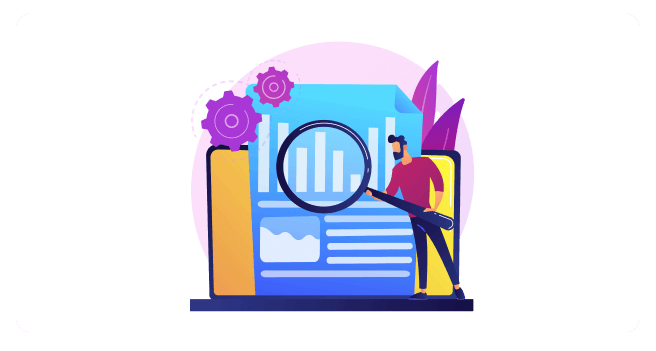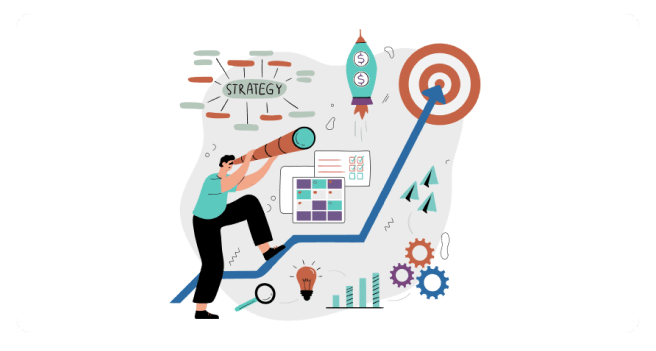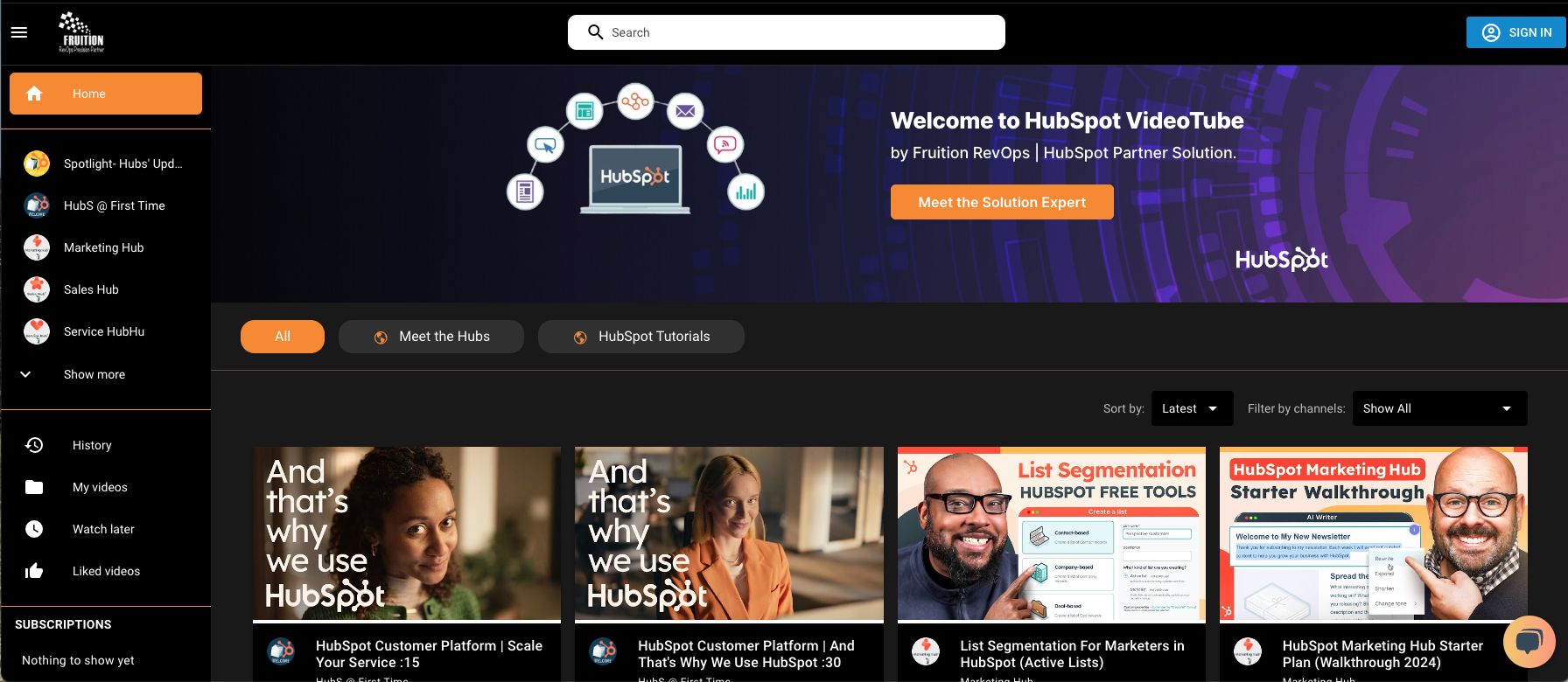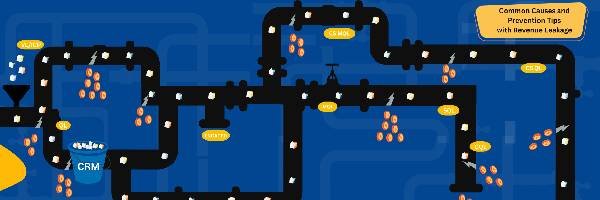
 RevOps Core Components
RevOps Core ComponentsPartner with us to streamline
your growth through our
Four Core ComponentsWe focus on eliminating revenue leaks, enhancing operations, boosting customer engagement, and making informed decisions to drive your competitive edge and sustainable growth.
 Full-Stack RevOps
Full-Stack RevOps
Full Stacks RevOps services which provide a variety of Services in order to help you to build and grow to generate more Revenue and increase profitability.
Full Stacks RevOps services which provide a variety of Services in order to help you to build and grow to generate more Revenue and increase profitability.

Seal Your Revenue Leakage
Design, build and execute tailored campaigns and workflows for closing Revenue Leakage.
Automation Campaign Creator
Choose from a Variety of Automation Campaigns Creator (ACC) designed specifically for your Performance.
RevOps System Integration
Seamless Integrations that not only build better processes but also enhance engagement and empower your team.
Architect Your Tech Stack Solution
We architect your tech stack across all touchpoints, featuring VideoTube, CRMs, OmniChannel, AI, and more.
Hubspot Solution
Whether you need to enhance your existing HubSpot setup or are just starting out, we’re here to help.
AI Solution In RevOps
Integrating AI across RevOps optimizes interactions, enhances operation, and automates routine tasks.
 Our System’s Partners
Our System’s Partners Knowledge Center
Knowledge CenterLatest Blogs
 Pricing
PricingFour Modules to Support Your Growth
We’ve created a variety of Automation Campaigns workflow tailored to help your company avoid fragmentation in automation, prevent data silos, and stop revenue leakage. You can choose from plans rather than get the Blueprint, Do – It – Yourself Kit, or our team will do it for you.Our team will optimize and build your tailored Automation workflow and funnels across departments for your RevOps (Marketing, Sales, Service). Flexible, Monthly – Adjustable Plans Customized to Elevate Your Business Performance! boost conversions, and effectively seal revenue leakage across departments.Whether you aim to secure more meetings, improve conversions from SQL to CQL, close more deals, or gain more upgrades from customer success opportunities, we are here to help. Choose the plan, set the goals, and we bring the performance to fruition, driving sustainable growth.Seamlessly integrates leading platforms like HubSpot, Cincopa, Segment, and AI, tailored to optimize and drive growth by providing end – to – end implementation and migration to improve your performance. Schedule a meeting with our Automation Integrator Architect today for a free.
